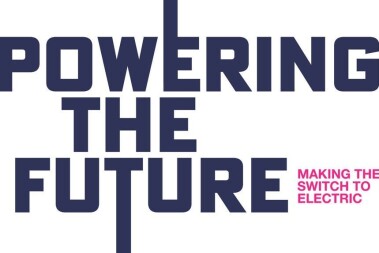
Sustainability Study
The Ad Council Research Institute (ACRI) collaborated with Deloitte U.S. Sustainability to conduct a research study with over 5,000 U.S. consumers to better understand the knowledge, attitudes, and behaviors of U.S. consumers on sustainability and sustainable products, and test and optimize key messages to develop effective strategies for brands to communicate such efforts.
What can brands do to influence shoppers to buy more sustainable food? To attract consumers, brands should encourage them to take actions that will lead to desired benefits of sustainability without blaming or scolding. Messaging should be focused on the positive outcomes of buying sustainable, particularly how it impacts the individual through money savings and health/wellbeing for self and family. Conversely, respondents overall didn’t like being told pedantically how to be sustainable.
Messaging that seeks to build trust and influence consumers to buy sustainable products should focus on:
- Tangible benefits of how the product impacts their health/wellbeing and that of their families.
- Clear ways the product positively impacts (and/are minimizes negative impacts) the environment.
- Specific classifications and certifications that position the product as higher quality.
- How the company/brand is committed to sustainability long-term.
Key Data Points
- What drives shoppers to go from shelf to cart?
- Taste (89%), value (89%), quality (85%), and flavor (85%) win out, followed by “best option for my health” (75%) and items from a trusted brand (75%). Sustainability was chosen by half of total consumers (54%).
- Consumers most associate “best option for the environment” (81%) and “eco-friendly” (79%) with sustainability...
- ...followed by terms like “natural ingredients” (72%), “carbon neutral certified” (70%), and “organic” (68%). Having the cheapest price was not associated with sustainability (22%), nor is an item produced by a national/big company (21%).
- What would motivate shoppers to buy sustainable products?
- Price. Matching the price of non-sustainable items was chosen by most shoppers (76%), followed by offering discounts/coupons regularly for sustainable products (73%) and seeing the positive health/wellness benefits to them personally (68%). Environment, brand, and influencers ranked lowest.
- There’s no overall consensus of what companies can do to gain credibility among shoppers as being sustainable.
- Nearly two-thirds of consumers said companies should invest in producing products that are sustainable (59%) or commit to sustainability efforts over a long period of time (58%).
- In messaging, the phrases most shoppers liked were empowering:
- “We have the power to positively impact…” and “making sustainable choices can help make the air safer to breathe and water safer to drink.”
Related Content

